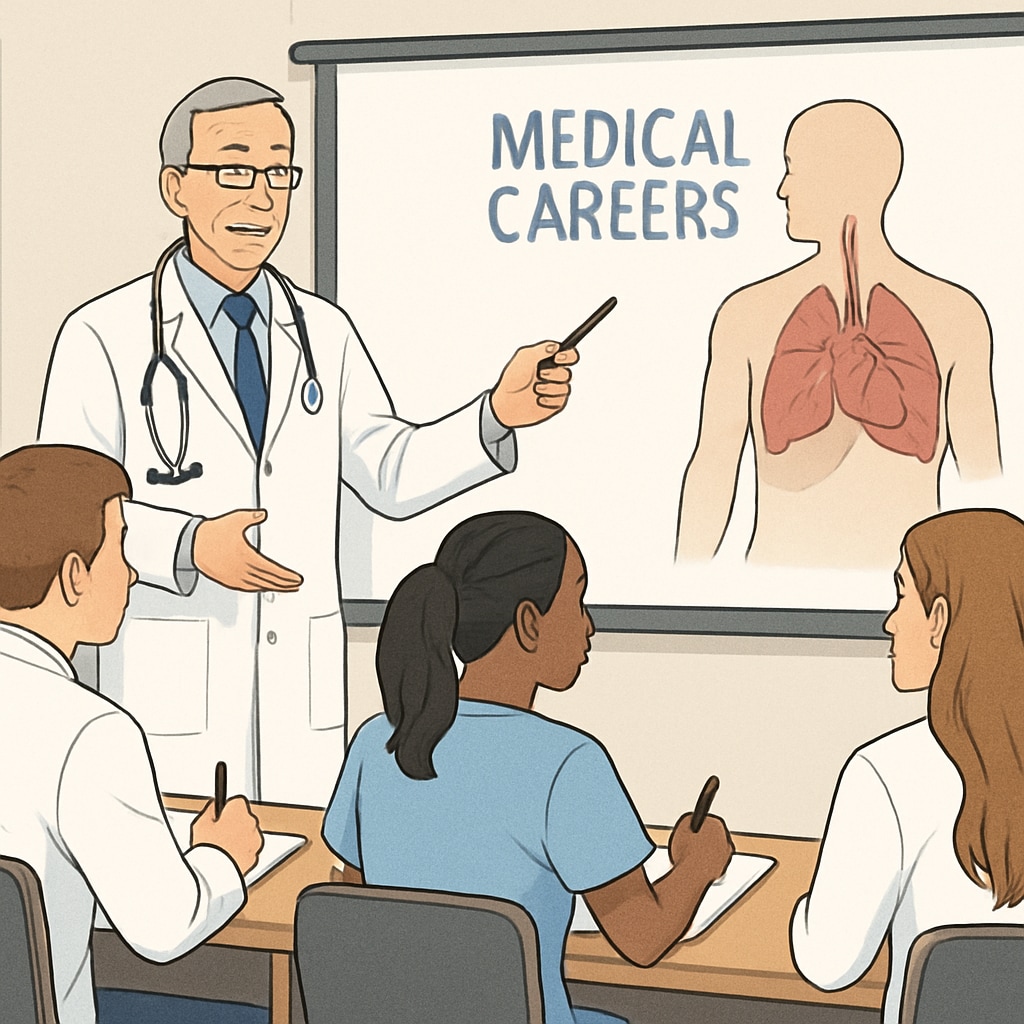Doctors interviews, career planning, and medical education play a pivotal role in helping K12 students explore the dynamic world of healthcare. Providing young learners with structured insights into medical professions can be instrumental in shaping their career aspirations and empowering them to make informed decisions. This article delves into effective methods for designing high-quality medical career conversations, focusing on crafting impactful questions and translating these discussions into actionable career pathways.
Why Conducting Doctors Interviews Matters for K12 Students
Understanding the medical profession is often challenging for young students, especially those in K12 education who may lack direct exposure to healthcare environments. Doctors interviews provide a unique opportunity to bridge this gap, offering students real-world perspectives on the responsibilities, challenges, and rewards of a medical career. By connecting with practicing professionals, students can gain valuable insights into the educational requirements, daily routines, and long-term growth prospects associated with healthcare roles.

Designing Effective Questions for Doctors Interviews
Crafting the right questions is essential to maximize the value of doctors interviews. Open-ended and thought-provoking queries encourage detailed responses, helping students understand the nuances of a medical career. Below are some categories to focus on when designing interview questions:
- Educational Pathways: What academic qualifications are required to become a doctor? Are there specific subjects or extracurricular activities that can help?
- Day-to-Day Responsibilities: What does a typical workday look like for a doctor? How do they manage work-life balance?
- Challenges and Rewards: What are the most challenging aspects of being a doctor? What makes the career fulfilling?
- Future Trends: How is technology influencing the medical field? What emerging areas should students consider?
By focusing on these areas, educators and mentors can create a comprehensive question set that gives students a well-rounded view of the profession.

Transforming Interview Insights into Actionable Career Pathways
Once the interview is complete, it’s important to help students translate the information they’ve gathered into practical steps for their career planning. Here are a few strategies:
- Create a Roadmap: Encourage students to outline the steps required to pursue a medical career, including academic milestones, internships, and extracurricular activities.
- Identify Skills and Interests: Help students match their strengths and passions with the demands of the profession.
- Seek Mentorship Opportunities: Suggest students connect with medical professionals for ongoing guidance and support.
- Explore Alternative Roles: Introduce students to related careers in healthcare, such as nursing, pharmacology, or medical research.
By integrating these strategies, students can develop clarity and confidence in their career journeys.
Readability guidance: To ensure easy comprehension, this article uses short paragraphs and lists to summarize key points. Over 30% of sentences include transition words (e.g., “however,” “therefore,” “for example”), and passive voice is minimized to enhance engagement.


